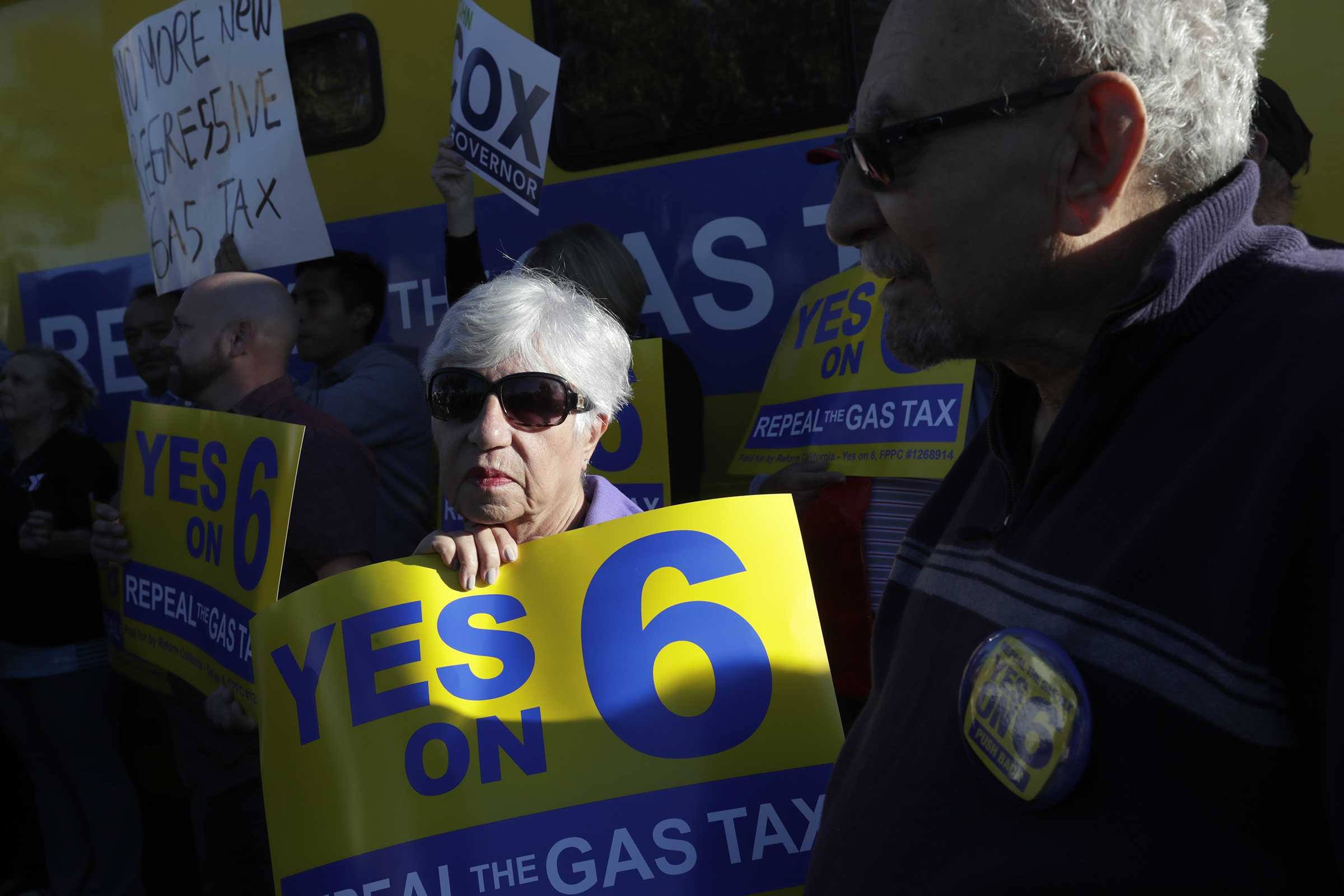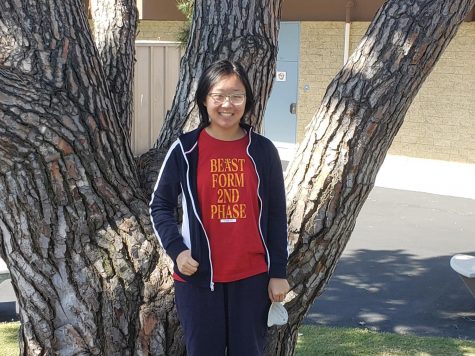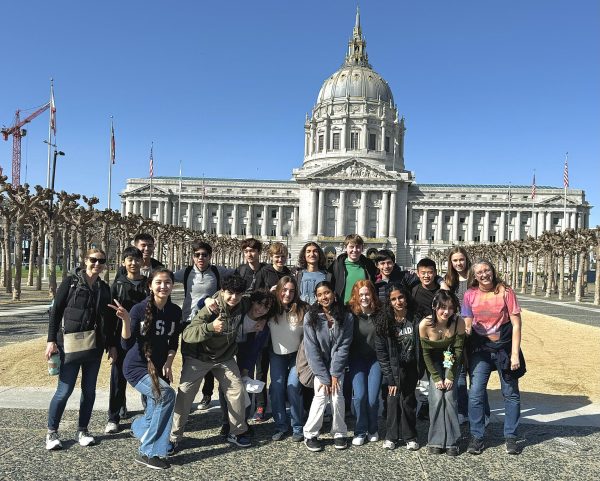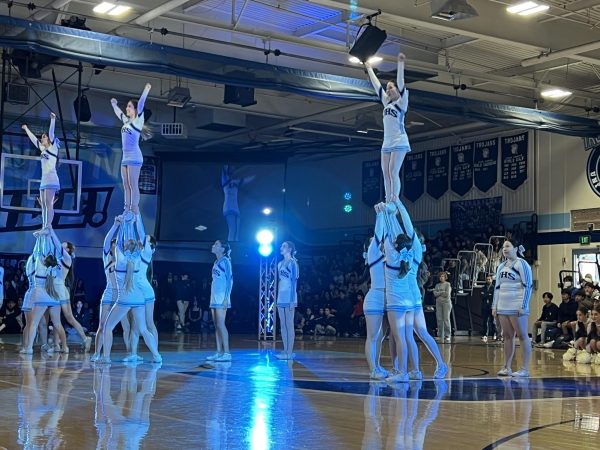Californians to vote on eleven propositions: CA proposition guide 2018
November 6, 2018

California voters will vote on eleven statewide ballot propositions in the upcoming November 6 elections.
Proposition 1: Housing Programs
Proposition 1, if approved, will approve the sale of $4 billion in bonds for funding housing programs, with increased state costs to pay back bonds by paying $170 million annually for the next 35 years. These housing programs will target low-income residents, veterans, farmworkers, manufactured/mobile homes, infill, and transit-oriented housing. Currently it has no major opposition.
Proposition 2: Re-Allocation of Mental Health Funding
Proposition 2, if approved, will reform the Mental Health Services Act, which provided funding and resources for treatment of the mentally ill, to include funding for housing. It will authorize the sale of $2 billion in bonds, which will be used to fund housing, and take $140 billion from the Mental Health Services Act funds annually to pay off those bonds. The Mental Health Services Act gave counties money to spend on programs and mental health services, as well as housing if necessary, so some newspapers have argued that since the funds can already be used for housing, this proposition is unnecessary and only serves to benefit home builders.
Proposition 3: Sale of Bonds to Fund Water Infrastructure
Proposition 3, if passed, will allow for the sale of $8.877 billion in bonds to fund various infrastructure projects, which are aimed at improving water supply reliability and quality, as well as environmental projects that would improve wildfire resilience. Disadvantaged counties would benefit the most from the repairs as their communities would be chosen for repairs first. However, many newspapers have published editorials against the proposition, citing it as being a pay-to-play act that would serve to benefit Central Valley agricultural interests. (Pay to play refers to private interests funding a piece of legislature to benefit from it later: for example, in this situation, an organization that deals with water supply that funds this measure would later get hired to carry out the projects listed)
Proposition 4: Sale of Bonds for Children’s Hospitals
Proposition 4, if passed, would allow for the sale of $1.5 billion in bonds (repaid by state’s General Fund) to fund grants for construction, expansion, renovation, and equipping of qualifying children’s hospitals. It would cost the state $80 million annually over the next 35 years. Currently there is no major opposition.
Proposition 5: Property Tax Transfer Initiative
Proposition 5, if passed, would make property tax assessments on homes transferable to new homes for residents who are older than 55, severely disabled, or have contaminated/disaster destroyed property. To pay these public services, a corresponding amount of money would have to be removed from state costs. As a result, schools and local governments would initially lose $100 million, eventually increasing to $1 billion, in property taxes every year. Those for the proposition, including the California Association of Realtors, say that it would benefit seniors who need to move closer to their families and makes housing more affordable for disaster victims, while those against the proposition, such as the California Teachers’ Association, say that the proposition benefits corporate interests such as the aforementioned California Association of Realtors, who stand to gain from increased business, and would put schools and other public services at risk of being underfunded.
Proposition 6: Repeal of 2017 Fuel and Vehicle Taxes
Proposition 6, if approved, will repeal a 2017 transportation law that planned to accumulate $52 billion in fuel and vehicle taxes over the next ten years for highway and road maintenance as well as transit programs. The top ten largest construction companies have put in $3.6 million in funds for overturning Proposition 6, arguing reduced quality of life due to California’s worsening infrastructure and a loss of jobs, while the GOP has been major backers of the repeal, citing tax cuts.
Proposition 7: Permanent Daylight Savings Time Measure
Proposition 7, if passed, will give Congress the ability to make Daylight Savings Time permanent. It does not guarantee that Daylight Savings would be made permanent, as the federal government still has to approve the change. Arguments for the proposition cite the rise in car accidents and heart attacks after the change in time, and say that the change is detrimental to overall health and outdated, while arguments against the proposition say that permanent Daylight Savings would ‘put us out of sync’ with neighboring states as well as force Californians to endure dark mornings.
Proposition 8: Limit of Dialysis Clinic Revenue
Proposition 8, if passed, will make hospitals unable to charge more than 115% of costs for direct patient care and quality improvement; in other words, they cannot make more than 15% profit, and if they do, then they will have to partially refund patients. This is the most funded proposition for and against in America, with $120 million pouring in total; $100 million is from the top six dialysis companies in America, with Frasier and Davita, the largest of the two, providing ½ of the funding, while $20 million come from union action committees, such as Union SEIU-UHM, and the California Democratic Party. Arguments for the proposition include that either patient care will become much cheaper or it will incentivize spending on healthcare improvements and staffing in order to keep the same profit margins, as well as change insurance premiums because it will cost companies less to cover it. Arguments against it argue that it may cause smaller clinics to shut down and make patient care less accessible for many, who will have to drive longer distances to get dialysis.
Proposition 9: Division of California (Removed from ballot)
Proposition 9, which would have split California into three states – Northern California, Southern California, and California – was removed by the state Supreme Court, who questioned the validity of the statute and delayed it to 2020, when it may reappear on the ballot.
Proposition 10: Local Rent Control
Proposition 10, if passed, would expand local government authority to include being able to enact rent control on residential property made after 1995. Backers for this proposition, including the California Democratic Party and the California Labor Federation, argue that it would reduce homelessness and help with the housing crisis by helping local governments keep landlords accountable with reasonable prices. However, those against it, which include Blackstone Real Estate, the largest real estate private equity firm in the world, argue that it would disincline landowners from building newer rental units as well as hurt middle class families who sell their homes for retirement money. They also argue that it may actually drive house values higher as landlords turn long-term rental houses to short-term vacation houses, which they can charge higher prices for.
Proposition 11: Ambulance Employee Regulation
Proposition 11, if approved, would require hourly employees to take rest and meal breaks, excluding private-sector emergency ambulance employees, who would have to remain on-call during work breaks. Those for it, which include the AMR (American Medical Response), one of California’s largest private ambulance companies and the largest funder of the proposition (21 million), argue that this proposition will help save lives by making response times faster. However, those against it, including the California Labor Federation, argue that it takes away the work breaks needed for the well-being of the first responders and say that the true intent of the proposition is to avoid lawsuits regarding meal and rest break violations.
Proposition 12: Increased Requirements for Farm Animal Confinement
Proposition 12, if approved, will pass standards for minimum space requirements for confinement of specific farm animals, which include egg-laying hens, pregnant pigs, and calves for veal. However, Proposition 2, passed in 2008, was supposed to end caging hens, and veal and gestation crates for pigs have not existed in a majority of California farms for decades. This proposition is supported by Central Valley Eggs, the largest farm-factory complex in California, and the Humane Society of the United States, but is opposed by several other animal advocacy organizations, including Humane Farming Action Fund, PETA, and Californians against Cruelty, Cages, and Fraud, as it would explicitly legalize caging hens in 1 square foot cages when Proposition 2 was supposed to prevent that. If passed, there may be a slight potential decrease in tax revenue for state governments from farm businesses.













